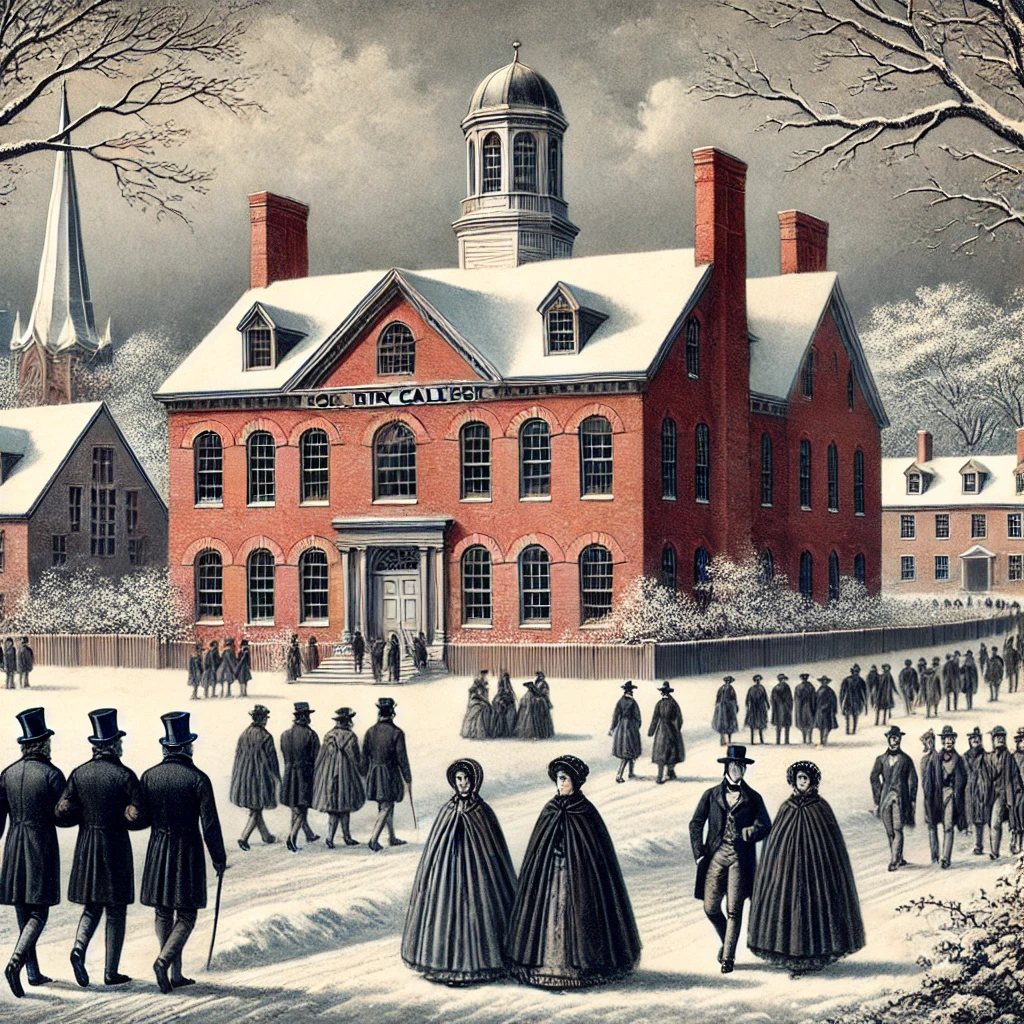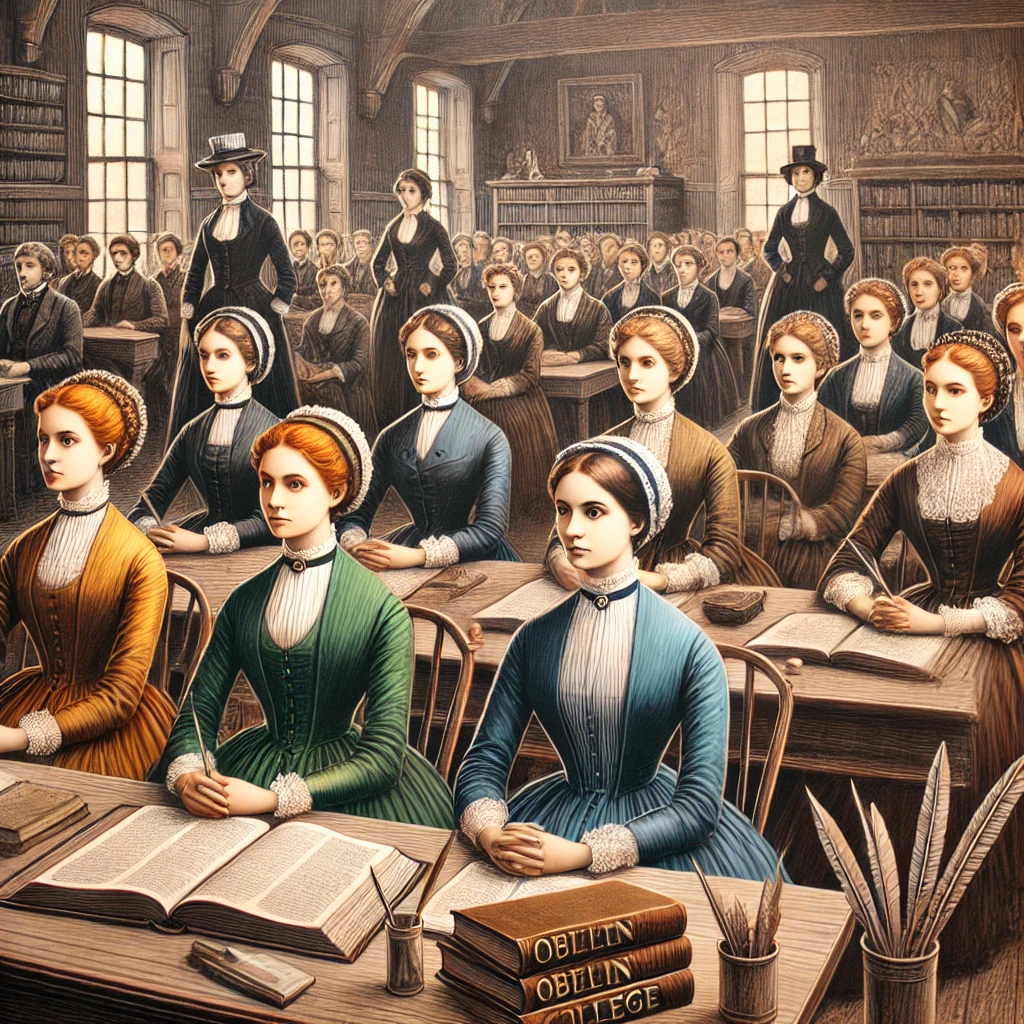On December 3, 1833, Oberlin College in Ohio made history as the first coeducational college in the United States. This groundbreaking decision to admit both men and women on equal terms was a revolutionary act in an era when women were largely excluded from higher education. By opening its doors to women, Oberlin set a bold precedent, challenging societal norms and fostering a culture of inclusivity in academia.

Founded just a few years earlier in 1833, Oberlin was already known for its progressive values, including its commitment to abolitionism and social reform. However, its decision to embrace coeducation marked a significant departure from the conventional views of the time, which relegated women to domestic roles and limited educational opportunities. The move was not without controversy, but it reflected Oberlin’s mission to prepare all individuals, regardless of gender, to lead purposeful lives.
A Catalyst for Social Change
The admission of women to Oberlin College was more than a symbolic gesture; it was a bold statement that education was a right, not a privilege reserved for men. Oberlin’s coeducational model inspired other institutions to reconsider their policies, sparking a slow but steady shift in the landscape of American education.

The impact of Oberlin’s decision extended beyond the classroom. The college became a hub for social reform movements, with many of its graduates, both men and women, playing active roles in the abolitionist, temperance, and women’s suffrage movements. Notably, Oberlin produced some of the earliest female graduates in the country, such as Lucy Stone, who became a prominent advocate for women’s rights and abolition. These trailblazing alumni embodied the college’s commitment to using education as a tool for societal progress.
The Lasting Legacy of Coeducation

Today, Oberlin College’s decision to admit women on equal terms is recognized as a pivotal moment in the fight for gender equality in education. The coeducation model it pioneered is now the standard across most colleges and universities in the United States, reflecting a profound cultural shift toward inclusivity and equal opportunity.
The ripple effects of Oberlin’s choice continue to be felt. Women now outnumber men in college enrollment across the U.S., and access to higher education has empowered generations of women to contribute meaningfully to society, science, politics, and culture. Oberlin’s early embrace of coeducation reminds us of the transformative power of challenging entrenched inequalities and envisioning a more equitable future.
As we reflect on this milestone, it is essential to recognize the courage and foresight of Oberlin’s founders and supporters. Their actions not only reshaped the educational landscape but also laid the groundwork for broader societal change. December 3, 1833, remains a testament to the enduring importance of inclusivity in shaping a better world.
